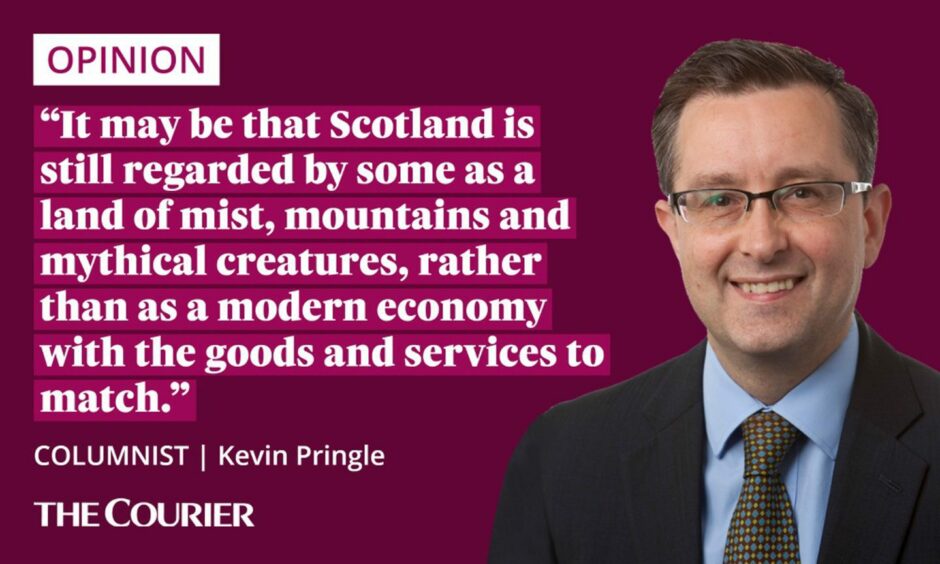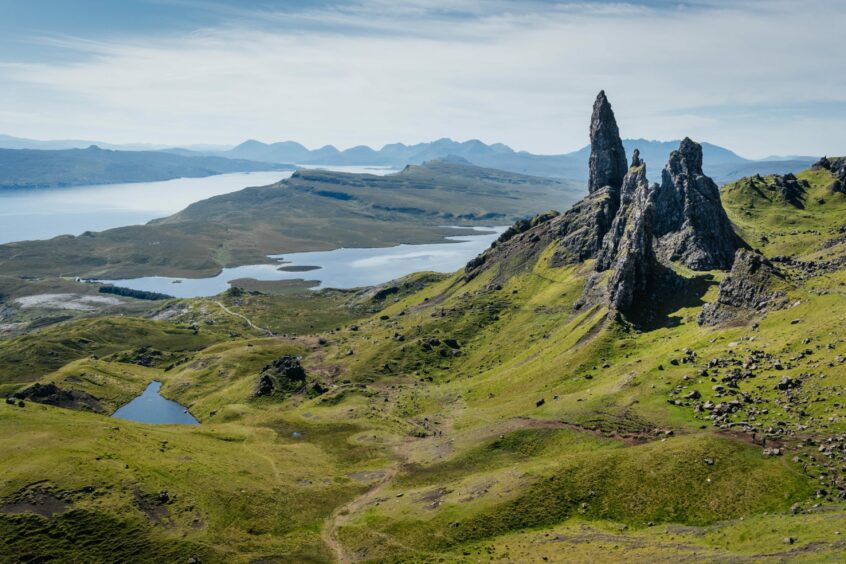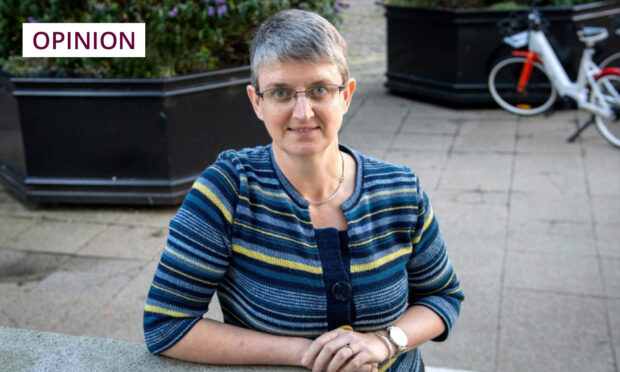As Robert Burns wrote: “To see oursels as ithers see us! It wad frae mony a blunder free us, An’ foolish notion”.
A report came out last week that tells us how people in other parts of the world view Scotland. The good news is it’s positive.
The Scottish Government uses the Anholt-Ipsos Nation Brands Index to measure how Scotland is perceived internationally.
Based on interviews in 20 countries, the index grades the reputations of nations and states according to various categories: exports, governance, culture, people, tourism, immigration and investment.
Of the 60 countries surveyed across the world, Scotland was ranked in 15th place.

The UK was sixth, but for a devolved nation with limited international profile to be in the top quartile is surprisingly good.
Business executives scored Scotland higher than those in other occupations, which suggests that we can capitalise on this global goodwill.
Scotland’s strongest area was governance, where we ranked 11th.
That may not be the universal verdict at home. But we are fortunate in many ways to live here and our credentials overseas are important.
The report finds that the more exposure people have to Scotland, the more likely they are to be favourable towards us.
Perhaps unsurprisingly, Scotland’s strongest attribute in the survey was natural beauty.
Of some concern, however, is that our weakest score was for exports, where we ranked outside the top 20.
Scotland – land of mist, mountains and a prosperous economy
Looking to the future, it could also be a problem that respondents in older age groups tended to have a more positive image of Scotland than people aged 18-29.
It may be that Scotland is still regarded by some as a land of mist, mountains and mythical creatures, rather than as a modern economy with the goods and services to match.
If so, this echoes a concern picked up in research conducted way back in 1990 by the old Scottish Development Agency (the predecessor of Scottish Enterprise) and the Royal Society of Edinburgh.
Their report, ‘Scottishness’ – A Commercial Opportunity, was based on interviews with people in Munich, Paris, Milan and Barcelona: cities identified as key consumer centres in overseas markets.
One conclusion – expressed with classic Scottish understatement – was that: “There are no real negative feelings about Scotland, but there is a great deal of ignorance – especially about products.”
There is probably still a perception gap to overcome, but the projection of Scotland has moved on by leaps and bounds, thanks to all political parties and successive administrations since the Scottish Parliament was established in 1999.
Scottish Development International – the trade and inward investment agency – helps businesses around the world do business in or with Scotland.
Scotland really is magical ✨
Did you know that we’re home to both unicorns and giants? 🦄✨
We're talking about tech companies like @Skyscanner and @amazon of course 💻😉#ScotlandIsNow #Techhttps://t.co/PQx90lLEFM
— Scottish Development International (@ScotDevInt) February 12, 2023
It has 34 international offices focused on making the connections and providing the hard information needed to promote the Scottish economy.
Evidence of success is that Scotland has established itself for several years now as the UK’s most successful location for foreign direct investment outside London.
Scotland the real
One of the by-products of the 2014 independence referendum is that it put Scotland on the map as never before.
In the past, people abroad were vague about even the basics of our nation.
I remember a yellow cab driver in New York insisting that Scotland is an island, possibly confusing us with Ireland.
There is much less of that now.
Stories about the realities of Scotland – for good or ill – will occasionally feature in the media of other countries.
People in the US and elsewhere may once have thought of Scotland as Brigadoon – the mythical village that only appears once every century.
The challenge now is for our nation to be associated with business all year round.














Conversation